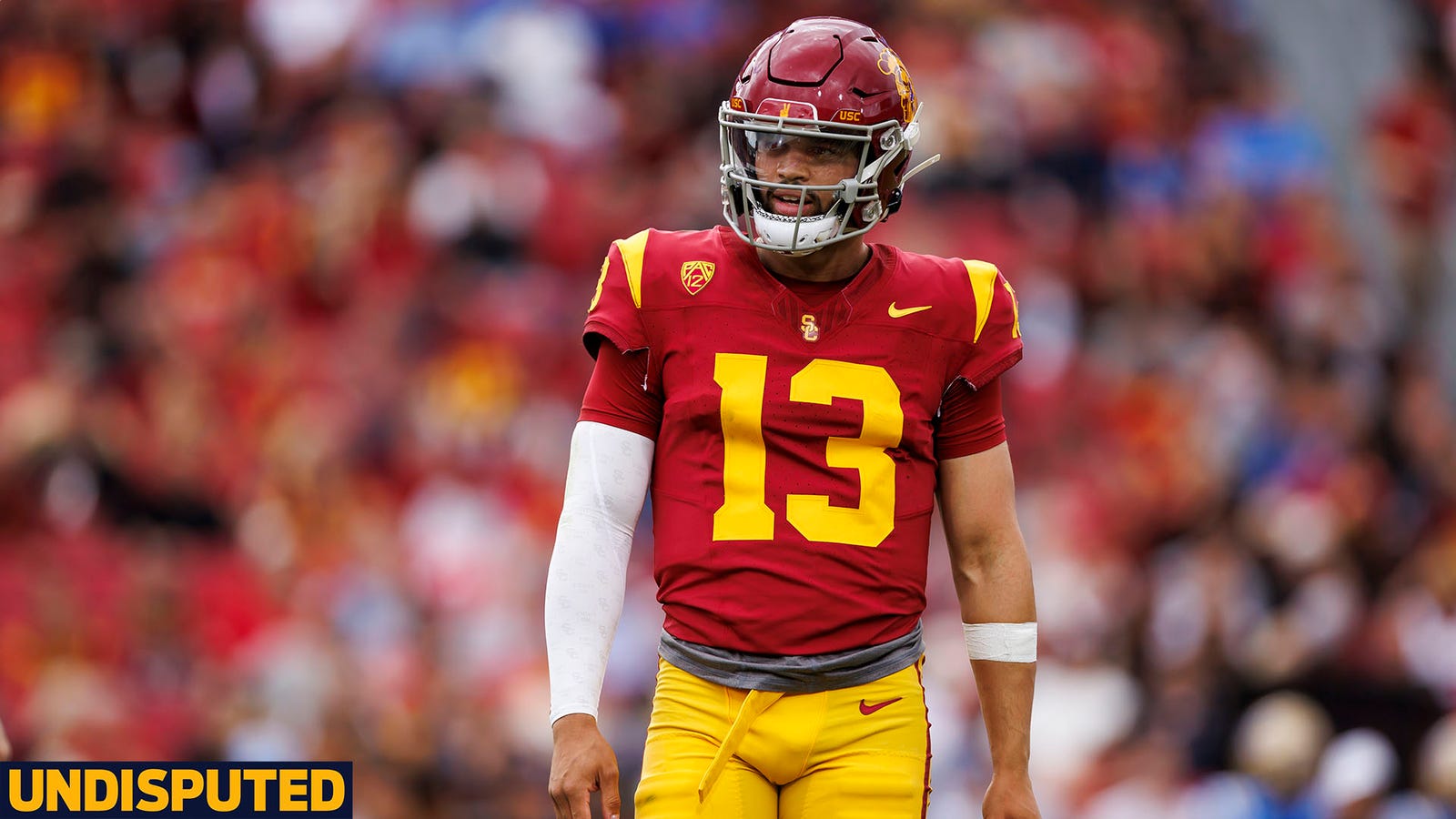In football, Johnny Manziel has both the greatest and the lowest of highs.
The 2014 Cleveland Browns selected Manziel in the first round of the draft, after he won the Heisman Trophy in 2012 while attending Texas A&M. Nevertheless, Manziel only made eight starts in the NFL before being cut by the Browns after his second season (2015); he never played in an NFL game again. Manziel’s struggles with drugs, alcohol, and mental health have all been publicized.
On Wednesday’s edition of “Undisputed,” Manziel pinpointed the lowest point of his football career.
“I went from a person in college that never shied away from the moment, never backed down from getting an opportunity to walk into the biggest, baddest, best stage ever and then walking into that stadium in Cleveland to start that first game was like the first time I had really questioned my ability in a stadium in front of people,” Manziel told Skip Bayless. “And when you question your ability and yourself, I think it oozes out into your play on the field.
“A low point is walking out of that stadium that day and not scoring a single point and probably for the first time maybe ever in my entire football career, we don’t even get a chance to kick a field goal … the personal side of things when you start to question your ability and really ‘Is this what I’m meant to do? Is this what my calling is? Am I as good as what I remember I am type of thing?'”
The game Manziel was referring to occurred in Week 15 of the 2014 season. Cleveland was defeated 30-0 at home by the AFC North foe Cincinnati Bengals. Manziel completed just 80 yards of passing while recording a 27.3 passer rating and tossing two interceptions. He made seven appearances in his debut season, starting two of them, and finished with a meager 175 passing yards.
Manziel had his moments and made six starts in 2015, but he was cut after the season because he could not secure Cleveland’s starting quarterback position. Manziel, who had a stellar collegiate career at Texas A&M, was selected by the Browns on draft night after they had traded for the No. 22 choice in the 2014 NFL Draft.
Manziel became the first player in history to win the Heisman Trophy as a freshman during his 2012 campaign. He amassed an incredible 3,706 throwing yards, 1,410 rushing yards, 26 passing touchdowns, and 21 rushing touchdowns in that season.
In addition, the Aggies concluded the 2012 campaign with an overall record of 11-2 (6-2 in SEC action), capped by victories against No. 1 Alabama in Tuscaloosa and No. 12 Oklahoma in the Cotton Bowl. In the 2013 Heisman voting, Manziel came in fifth place.
Manziel thought back on that incredible 2012 campaign.
Johnny Manziel previews NFL Draft QB prospects: Williams, Daniels, McCarthy & Maye

“[I felt] on top of the world for being a Texas kid who got to do what I did, I don’t think even at the time I realized what the magnitude of being the first freshman to win that trophy truly meant,” Manziel said about winning the Heisman Trophy. “We went back-to-back with freshmen winning the Heisman. Jameis [Winston] came in the next year and won it as a freshman again. To break down that barrier of what was really considered like taboo for a freshman to win it [was huge]. There was a lot of bias, and I was very nervous going into the Heisman Trophy ceremony that I wouldn’t get the trophy just based on what classification I was in school, and I think it all was a fair point.
“It’s a lot of pressure. It’s a lot of notoriety to have on your back at such an early, young age, one that I don’t think I handled all the way the best all the time, but looking back at it now, how can you? I was in a position where nobody had really ever been before in a sense.”
In 2023, Netflix debuted “Untold: Johnny Football,” a documentary that covered Manziel’s whole football career. Manziel believes the documentary made a good difference in his day-to-day existence.
“And since the documentary has dropped, life is positive. People who come up to me, it’s more the sense of ‘Hey, good to see you. Glad you’re here, man. Wish you nothing but the best.’ That’s interactions I get in life today that I didn’t get before the documentary came out.”



